Rheumatoid Arthritis (RA) is a chronic inflammatory disorder that primarily affects joints, leading to pain, swelling, and eventually joint damage. While the symptoms can be debilitating, incorporating regular exercise into your routine can be a powerful way to manage the condition and improve overall well-being. Let's explore the myriad benefits of exercising with RA and how it can positively impact your life.
1. Reducing Joint Pain and Stiffness
One of the most immediate and noticeable benefits of exercise for individuals with RA is the reduction of joint pain and stiffness. Regular physical activity helps to keep joints flexible and muscles strong, which in turn supports and stabilizes the joints. Low-impact exercises such as swimming, walking, and cycling are particularly effective, as they minimize stress on the joints while providing significant benefits.
2. Improving Range of Motion
RA can lead to decreased mobility due to joint stiffness and pain. Engaging in exercises that focus on flexibility, such as stretching routines and yoga, can greatly improve the range of motion in affected joints. Enhanced flexibility can make daily activities easier and reduce the risk of injury.
3. Enhancing Muscle Strength
Strong muscles are essential for supporting and protecting joints. Strength training exercises, including resistance bands, light weights, and body-weight exercises, can build muscle mass and increase overall strength. This not only helps in performing daily tasks with greater ease but also alleviates the load on your joints, reducing pain and the risk of joint damage.
4. Boosting Cardiovascular Health
Cardiovascular exercises, such as brisk walking, swimming, and cycling, improve heart health and enhance overall fitness. For individuals with RA, maintaining a healthy heart is crucial, as they are at a higher risk of cardiovascular diseases. Regular aerobic exercise can improve circulation, increase energy levels, and help manage weight, which in turn reduces pressure on the joints.
5. Managing Weight
Maintaining a healthy weight is particularly important for people with RA. Excess weight puts additional stress on weight-bearing joints like the knees and hips, exacerbating pain and accelerating joint damage. Regular exercise, combined with a balanced diet, helps in weight management, reducing the burden on your joints and enhancing overall health.
6. Enhancing Mental Health
Living with a chronic condition like RA can take a toll on mental health, leading to feelings of anxiety, depression, and frustration. Exercise is a natural mood booster. Physical activity stimulates the release of endorphins, the body’s natural painkillers and mood elevators. Engaging in regular exercise can reduce stress, improve sleep, and foster a sense of accomplishment, all of which contribute to better mental well-being.
7. Improving Bone Density
People with RA are at an increased risk of osteoporosis due to chronic inflammation and the use of corticosteroid medications. Weight-bearing exercises, such as walking and strength training, help to maintain and even improve bone density, reducing the risk of fractures and other complications.
8. Promoting Better Sleep
Chronic pain and discomfort from RA can interfere with sleep patterns. Regular physical activity has been shown to improve sleep quality and duration. Exercise helps to tire the body, reduce pain, and alleviate stress, all of which contribute to a more restful and restorative sleep.
Tips for Exercising Safely with RA
Consult Your Doctor: Before starting any exercise regimen, it's essential to consult with your healthcare provider to ensure it's safe and appropriate for your condition.
Start Slowly: Begin with low-impact exercises and gradually increase the intensity and duration as your body adapts.
Listen to Your Body: Pay attention to your body's signals. If an exercise causes pain that lasts more than two hours, it's best to modify or avoid that activity.
Stay Consistent: Regularity is key. Aim for a balanced mix of cardiovascular, strength, and flexibility exercises throughout the week.
Warm-Up and Cool Down: Always start with a warm-up to prepare your joints and muscles, and finish with a cool-down to help your body recover.
Conclusion
Exercising with Rheumatoid Arthritis may seem challenging, but the benefits far outweigh the difficulties. Regular physical activity is a cornerstone of managing RA, helping to reduce pain, improve mobility, and enhance overall quality of life. By incorporating exercise into your daily routine, you can take proactive steps towards better health and a more active, fulfilling life despite the challenges of RA. So, lace up those sneakers, take a deep breath, and embrace the journey to a healthier, happier you.

